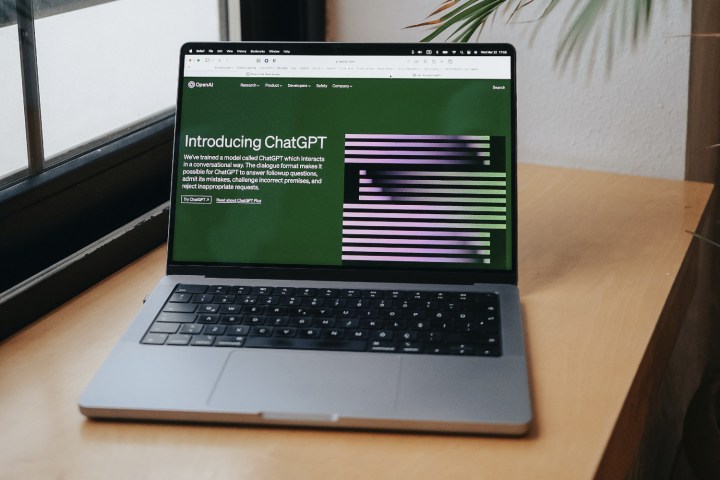The FBI has warned that hackers are running wild with generative artificial intelligence (AI) tools like ChatGPT, quickly creating malicious code and launching cybercrime sprees that would have taken far more effort in the past.
The FBI detailed its concerns on a call with journalists and explained that AI chatbots have fuelled all kinds of illicit activity, from scammers and fraudsters perfecting their techniques to terrorists consulting the tools on how to launch more damaging chemical attacks.

According to a senior FBI official (via Tom’s Hardware), “We expect over time as adoption and democratization of AI models continues, these trends will increase.” Bad actors are using AI to supplement their regular criminal activities, they continued, including using AI voice generators to impersonate trusted people in order to defraud loved ones or the elderly.
It’s not the first time we’ve seen hackers taking tools like ChatGPT and twisting them to create dangerous malware. In February 2023, researchers from security firm Checkpoint discovered that malicious actors had been able to alter a chatbot’s API, enabling it to generate malware code and putting virus creation at the fingertips of almost any would-be hacker.
Is ChatGPT a security threat?

The FBI strikes a very different stance from some of the cyber experts we spoke to in May 2023. They told us that the threat from AI chatbots has been largely overblown, with most hackers finding better code exploits from more traditional data leaks and open-source research.
For instance, Martin Zugec, Technical Solutions Director at Bitdefender, explained that “The majority of novice malware writers are not likely to possess the skills required” to bypass chatbots’ anti-malware guardrails. As well as that, Zugec explained, “the quality of malware code produced by chatbots tends to be low.”
That offers a counterpoint to the FBI’s claims, and we’ll have to see which side proves to be correct. But with ChatGPT maker OpenAI discontinuing its own tool designed to detect chatbot-generated plagiarism, the news has not been encouraging lately. If the FBI is right, there could be tough times ahead in the battle against hackers and their attempts at chatbot-fueled malware.
Editors' Recommendations
- The best custom GPTs to make ChatGPT even more powerful
- OpenAI and Microsoft sued by NY Times for copyright infringement
- This app just got me excited for the future of AI on Macs
- Here’s why people are saying GPT-4 is getting ‘lazy’
- OpenAI is on fire — here’s what that means for ChatGPT and Windows



